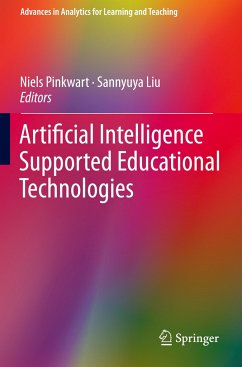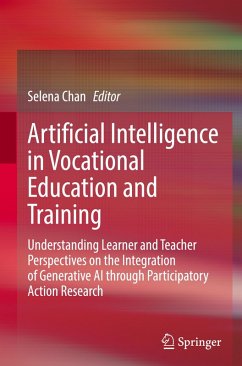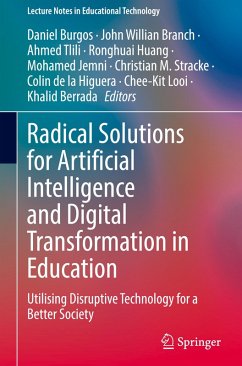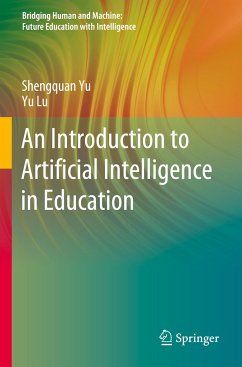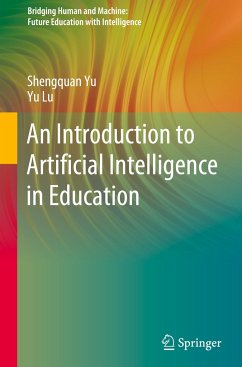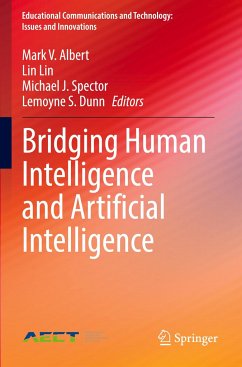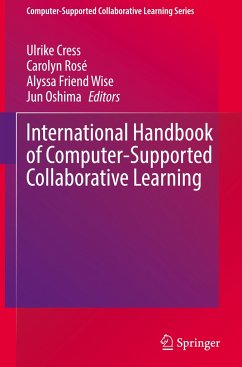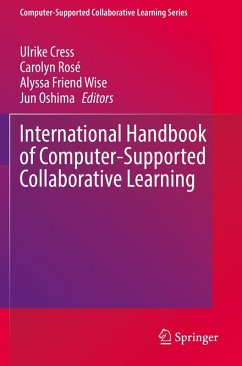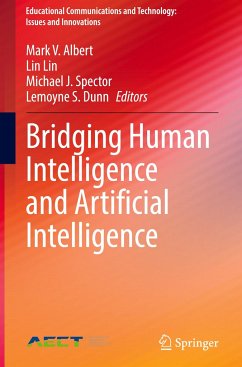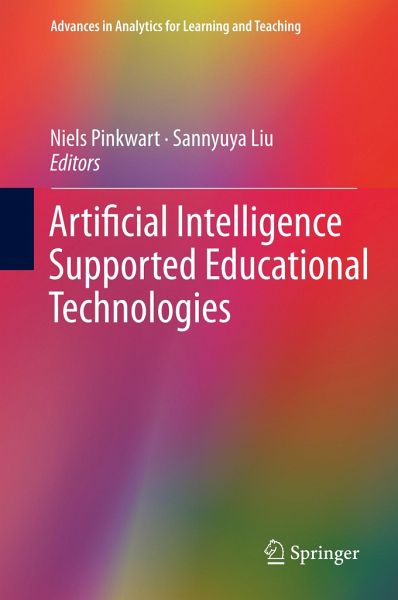
Artificial Intelligence Supported Educational Technologies

PAYBACK Punkte
61 °P sammeln!
This book includes a collection of expanded papers from the 2019 Sino-German Symposium on AI-supported educational technologies, which was held in Wuhan, China, March, 2019. The contributors are distinguished researchers from computer science and learning science.The contributions are organized in four sections: (1) Overviews and systematic perspectives , (2) Example Systems,(3) Algorithms, and (4) Insights gained from empirical studies. For example, different data mining and machine learning methods to quantify different profiles of a learner in different learning situations (including intera...
This book includes a collection of expanded papers from the 2019 Sino-German Symposium on AI-supported educational technologies, which was held in Wuhan, China, March, 2019. The contributors are distinguished researchers from computer science and learning science.
The contributions are organized in four sections: (1) Overviews and systematic perspectives , (2) Example Systems,(3) Algorithms, and (4) Insights gained from empirical studies. For example, different data mining and machine learning methods to quantify different profiles of a learner in different learning situations (including interaction patterns, cognitive modes, knowledge skills, interests and emotions etc.) as well as connections to measurements in psychology and learning sciences are discussed in the chapters.
The contributions are organized in four sections: (1) Overviews and systematic perspectives , (2) Example Systems,(3) Algorithms, and (4) Insights gained from empirical studies. For example, different data mining and machine learning methods to quantify different profiles of a learner in different learning situations (including interaction patterns, cognitive modes, knowledge skills, interests and emotions etc.) as well as connections to measurements in psychology and learning sciences are discussed in the chapters.





